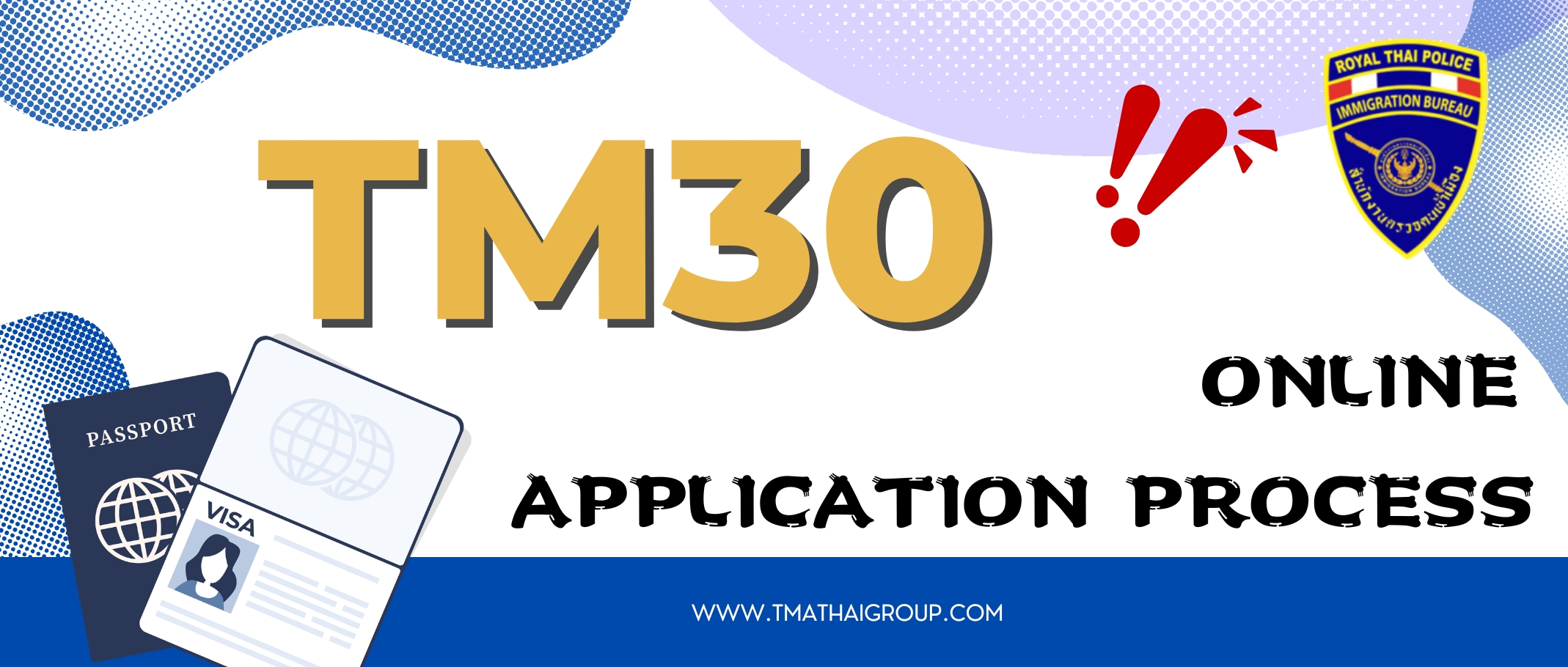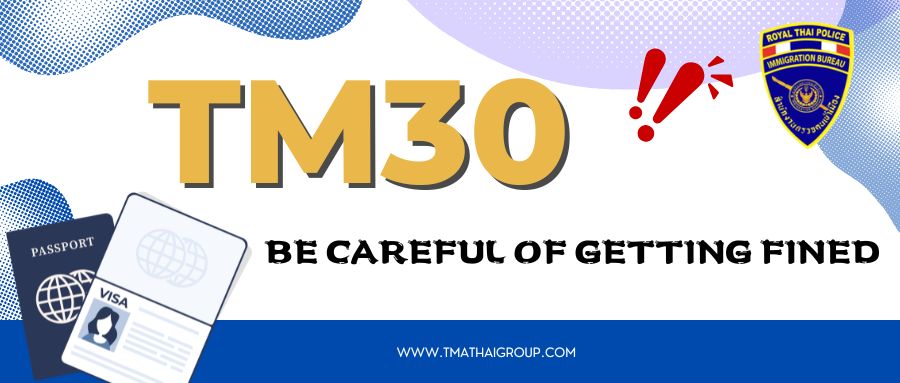Stamp Duty in Thailand
About TMA Group
TMA Group is a professional company focusing on local recruitment and corporate consulting in Thailand, dedicated to providing one-stop services including recruitment, financial management, tax disposal, legal consulting, personnel management, etc. for enterprises and individuals. If you need more advice on investment in Thailand, please feel free to contact us.
Stamp Duty in Thailand
Stamp duty in Thailand is a form of indirect tax levied on certain legal instruments as prescribed under the Revenue Code of Thailand. The tax is imposed on the execution of specific documents, ensuring their legal enforceability.
1. Key Features of Stamp Duty
Applicability: Stamp duty applies to legal documents listed in Schedule 1 of the Thai Revenue Code. Common instruments subject to stamp duty include:
Lease agreements.
Loan agreements or promissory notes.
Share transfer documents.
Powers of attorney.
Service agreements.
Purpose: It serves as a form of tax on the execution or enforceability of certain contracts or documents.
2. Stamp Duty Rates
Stamp duty is calculated as a flat fee based on the type and value of the document. Below are common examples:
| Type of Document | Rate | Notes |
|---|---|---|
| Lease of land, buildings, or other property | 0.1% of total rental fee | Based on the full rental amount over the lease term. |
| Loans or promissory notes | 1 THB per 2,000 THB or fraction thereof | Capped at 10,000 THB per instrument. |
| Share transfers | 0.1% of the share sale price or par value | Whichever is higher. |
| Service agreements | 1 THB per 1,000 THB or fraction thereof | Applies if specified in the agreement. |
| Powers of attorney | 10 THB or 30 THB | Depending on the specific use. |
3. Payment and Filing of Stamp Duty
a. Payment Methods
Affixing Stamps:
Adhesive stamps must be affixed to the document to indicate that stamp duty has been paid.
The stamps must be properly canceled by the parties to the document (e.g., by signing across the stamps or using a dated stamp).
Payment in Cash:
For certain transactions (e.g., high-value documents or electronically filed documents), stamp duty can be paid in cash directly to the Revenue Department instead of using adhesive stamps.
Electronic Filing:
For electronically executed documents, payment can be made online via the Revenue Department’s e-stamp system.
b. Filing Deadline
Stamp duty must be paid before or at the time of execution of the document.
For certain cases, such as documents executed outside Thailand, stamp duty must be paid within 30 days of bringing the document into Thailand.
4. Exemptions and Exceptions
Certain instruments are exempt from stamp duty, including:
Documents executed by government agencies.
Instruments related to transactions exempted under specific tax incentives, such as those promoted by the Board of Investment (BOI).
Transfers of shares in specific cases, such as company restructuring approved by authorities.
5. Penalties for Non-Compliance
Failure to pay or properly affix stamp duty can result in:
Penalties: Equal to 6 times the unpaid stamp duty.
Legal Consequences: The instrument may not be admissible as evidence in court until the required stamp duty is paid, along with applicable penalties.
6. Practical Considerations
Proper Documentation: Businesses and individuals should ensure that all required legal instruments are properly stamped to avoid penalties.
Tax Planning: Seek professional advice for high-value transactions to minimize stamp duty liabilities, especially for share transfers and lease agreements.
Digital Compliance: For electronically executed documents, businesses should familiarize themselves with the e-stamp system to ensure compliance.
If you have specific questions about stamp duty on a particular document or need assistance with compliance, feel free to ask!
TMA Consulting Management has been paying attention to the updating of information through newsletters for many years, but we do not assume any responsibility for the completeness, correctness or quality of the information provided. No information contained in this article can replace the personal consultation provided by a qualified lawyer. Therefore, we do not assume any liability for damages caused by the use or non-use of any information in this article (including any kind of incomplete or incorrect information that may exist), unless it is caused intentionally or by gross negligence.














